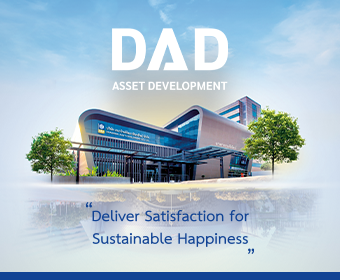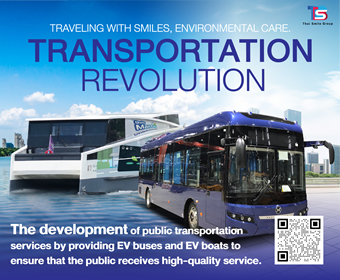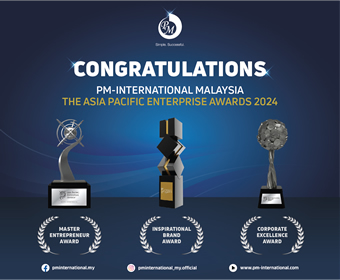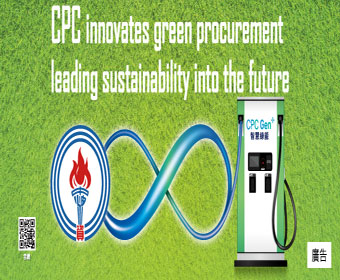With the rise in the green aspirations of consumers, businesses nowadays are looking into ways to join in on the sustainability movement by minimizing their waste generation and ultimately striving to become zero waste businesses.
According to the Zero Waste Alliance, zero waste is the conservation of all resources by means of responsible production, consumption, reuse, and recovery of products, packaging, and materials without any negative effects on environmental and human health. Hence, a zero waste business involves conserving resources through designing and managing products and processes that prevent and eliminate the volume and toxicity of waste and materials via environmentally-safe methods.
As businesses begin their dive into the concept, many are often met with the challenge of not knowing where to start with their zero waste business strategy. Going zero waste is more than just adding recycling bins in the office and having to start building your strategy from scratch may appear daunting. However, here are 3 simple steps to help you kickstart your business’ zero waste journey!
1. Analyze Your Company’s Current Waste Management
Conducting an audit on your company’s current waste generation is a crucial first step to achieving a zero waste business. By determining the sources, types and volumes of waste generated in your business, you can get a clearer vision of how to implement changes to which areas in the business that will help to simplify the waste reduction goal and strategy development process. For instance, consider eliminating or switching packaging if your business uses single-use packaging for your products. Pepsi-Cola managed to save $44 million by making a simple switch from corrugated cardboard to reusable plastic shipping containers.
2. Establish Your Waste Reduction Goals
Once you’ve set the commitment to go zero waste, it is time to establish your zero waste business goals. While it may be tempting to dive straight into implementing a company-wide zero waste strategy that addresses every aspect of your business, understand that becoming completely zero waste often takes time and is not an overnight process. Waste management is not a one-man show and can be orchestrated on various levels within the company. Hence, setting realistic goals is key as it helps to maximize time and resources. Kickstarting your goal setting can be as simple as planning a series of small steps that would lead to gradual waste reduction and drive the business towards its ultimate zero waste goal such as switching to double-sided printing to reduce paper usage and gradually moving towards going paperless.
3. Engage Employees in Zero Waste Goal Attainment
Engaging employees is crucial in implementing policies, and it plays a significant role in determining the outcome of your waste reduction goals. Raising employee awareness on these goals and providing them with the necessary training and resources helps move your business one step closer to achieving zero waste. Businesses can start creating a recycle-friendly environment by adding accessible recycling bins in the office, creating a space for recycled office supplies, running weekly recycling challenges, etc.
Although the zero waste business concept may not be new, choosing to make the shift remains to be a commendable decision for any business. By going zero waste, businesses are helping to build better communities and a better future for the generations to come.

















